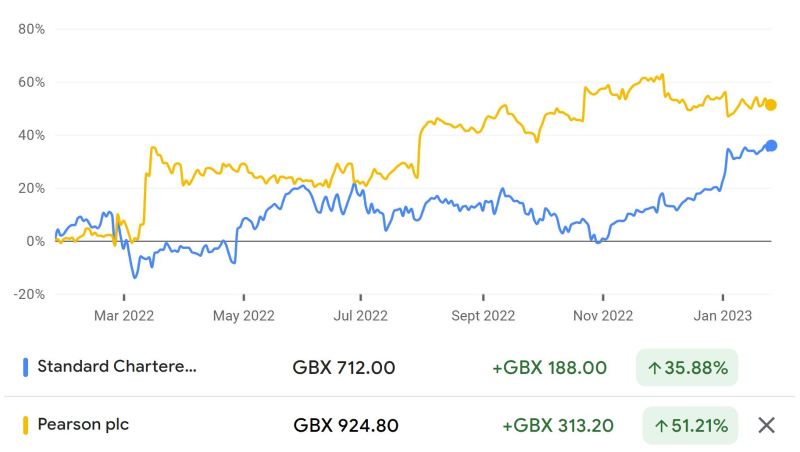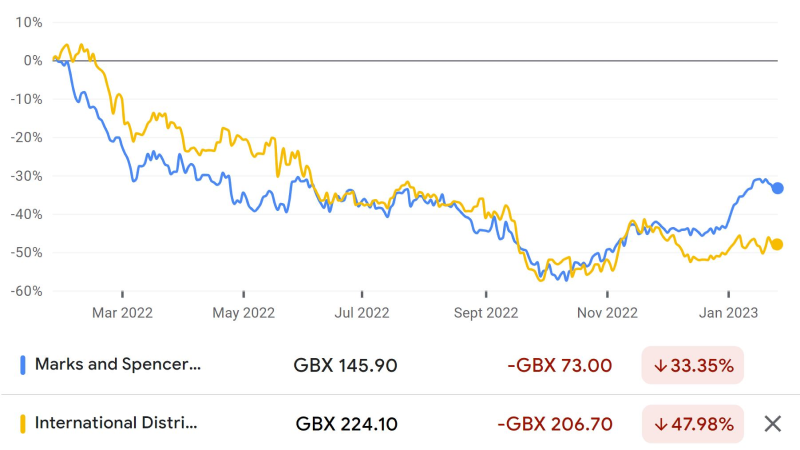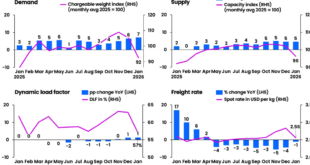Betting on macro plays rarely leads to good returns, according to the Schroder Income manager.
Schroder Income is one of the rare funds that was able to beat the market in a decade dominated by growth investing by investing in value opportunities in the UK.
The £1.4bn value fund made a 113% return over the past 10 years, outperforming its peers in the IA UK Equity Income sector by 29.5 percentage points, a trend that was amplified last year, with the fund up 1.4% whilst the sector dropped 1.7%.
Last year was a difficult one to make a positive return in, but investors would do well not to chase macro shifts next year, according to manager Kevin Murphy.
Here, he tells Trustnet why investing based on macroeconomics is hard to prove and explains why he remains confident on some of his worst performers of 2022.
Total return of fund vs sector over the past decade
Source: FE Analytics
What is your investment process?
Most managers will talk to you about the great businesses they invest in, the earnings upgrades and exciting growth they’re having, but there’s a problem for people who follow that strategy because everyone’s trying to do it and it’s extremely competitive.
There’s only a few companies that have those characteristics and those prices get squeezed up, so there’s a lot of evidence that you’re very unlikely to make a return from those elevated prices.
Rather than looking in the same place as everybody else, we look for companies with bad news, with difficulties or problems.
We do a lot of work to ensure that those problems are temporary and if we’re right, and those issues that were depressing the share price get solved, the company’s reputation and its profits normalise and the share price can go up very significantly. It’s just good old fashioned value investing.
Did you add many new names during the downturn last year?
We bought seven new names and the portfolio has 45 in total, so as a percentage, that’s a large step up.
There were lots of things to buy and you didn’t have to look very carefully because it was just very apparent there were opportunities everywhere.
You had to be quite selective when you were looking because clearly there were dark clouds on the horizon and there are still challenges afoot for the UK consumer in particular.
Performance in the fourth quarter was very strong and that’s continued into this year, so it’s a bit harder to find ideas now some of those stocks have moved very significantly.
Could investors who wanted to buy the dip have missed the boat?
Nobody knows – investors often wait for things to feel comfortable, but the problem is that stocks don’t wait for the bottom. They’ll have already moved before the economy drops.
As a consequence, most investors buy at the wrong time. They sell when things are tough, and they buy when things are excellent, so they’re selling when prices are cheap and they buy when prices are expensive.
But I will say it’s much harder to find new names for the portfolio than it was in the middle of last year for sure.
Do you factor in macro at all when stock picking?
A low valuation is the biggest indicator of a long-term successful investment, but the track record for macro investing is much harder to prove.
If you buy countries where GDP is growing quickly, you make negative returns and if you buy countries with GDP going backwards, you make positive returns.
Buying good news in fast growing economies is expensive and they turn out to be terrible investments.
While macro plays a part because we have to understand it from a risk perspective, we assume that everything normalises and tough times will get better. That normalisation process is what we factor in with our investment horizon.
What sets you apart from other value funds?
Lots of people say they are value, but in terms of people who are genuinely value, there are only a very small handful of people who do that in the UK and we are one of them.
It’s the lost art of value investing – in the UK, it is extremely rare nowadays to find anyone that does it properly.
We’re not in competition with the other value investors because there’s so few of us that there is plenty of opportunity for us all – it’s what sets us apart from the rest of the market that’s important.
What were your best performing stocks last year?
We had a lot of oil, gas, mining and banks coming into the year and all of those sectors performed well.
The bank Standard Chartered is a standout performer within the portfolio, but we also had exposure to the education company Pearson that outperformed despite sitting outside of those sectors. They were up between 40% and 50% last year.
Share price of Standard Chartered and Pearson over the past year

Source: Google Finance
What were your worst performers?
It’s almost always the company’s where the problems are slightly trickier to resolve and are taking longer to resolve than we anticipate.
Marks and Spencer and Royal Mail would be examples of companies where the clouds have not dissipated. There’s still issues for them and we believe they can be resolved but they have not yet come to fruition.
Share price of Marks and Spencer and Royal Mail over the past year

Source: Google Finance
Did you sell out of any positions last year?
We only sold out of BHB Billiton last year which we owned for a cycle. It’s a mining company we bought in 2015 and it did very well in the time that we held it.
Last year was mainly about trimming down exposure because most stocks hadn’t become expensive, they just did very well. It was about incrementally tilting the portfolio away from those areas that have run up.
What are your interests outside of fund management?
I’ve been playing basketball since I was 12 and I still absolutely love playing it to this day. Whilst I can’t do what I used to be able to do, and my body is at least two seconds slower than my brain, it’s still good fun and I play competitively.
Source link



